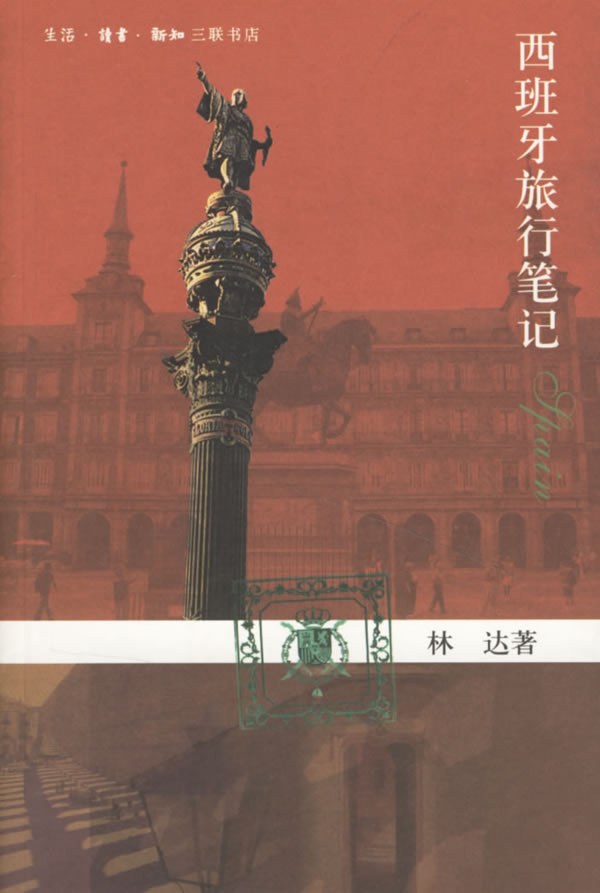WULOLIFE
《西班牙旅行笔记》作者: 林达 出版社: 生活·读书·新知三联书店
《西班牙旅行笔记》作者: 林达 出版社: 生活·读书·新知三联书店
Couldn't load pickup availability
Description
内容简介 · · · · · ·
《西班牙旅行笔记》记述了作者在西班牙旅行的经历。面对西班牙既充满异域风情而又绚丽多彩的历史、艺术、人物和宫殿、教堂、城堡等文化精华,作者在描述其无与伦比的人文及艺术价值外,更把上千年来发生在这块土地上的故事一一糅进漫游的行程——使帝王将相、战火烽烟、山川景物,尤其是它走向现代国家的进程贯穿于全书,不但能让读者领略西班牙迷人的风貌。更能深入西班牙幽深的历史,洞悉它深刻而富于启示的社会演化过程。
作者简介 · · · · · ·
们夫妇俩,叫丁林也罢,叫林达也罢,都不过是为了发表一些话非要一个名字不可时,起的一个名字。男的原来姓丁,女的名字里有一个林。通常都是女的写头一稿,所以仔细的人看得出有女性的痕迹。之所以不怎么“秀”,实在是没什么可“秀”的。读者诸君读了,觉我们就满足了;觉得没道理,骂一声,也没什么不可。
我们俩是中学同学,朱学勤先生文中提到的刘海生老师就是我们上海复兴中学的老师。
我们俩在黑龙江小兴安岭插过队,干农活,还放过马。后来回上海,男的是街道工人,女的干过几年建筑队木匠。文革结束进大学,学的都是“工科”。女的毕业后又考了研究生,师从陈从周先生。后来我们两人都在大学里工作,但不久就都辞职了。那是大概1987,88年的事情。此后就都在建活儿比一般小工要轻得多,但是和工人们一起住工棚,却是当然的事。这样直到91年偶然的机会出国。
出国后,干的活在农业、仓库、建筑、运输等等的边缘,就是说,在老板手下你该干什么就得干什么。也上过一点课,很杂。读书,也很杂。“小贩”一说,还真是准确的说法。在各地小镇的地方节庆上,摆一个“摊”,卖小玩意儿,比如自己做的小东西,工艺品之类。相当于赶庙会。如此谋生不易,所以我们俩还得有Job Description习惯了黑白红黄乡下人。
Credit我们早不是什么学者。我们俩手上都是有茧子的。
DIY特总统是我们州的人,他老先生就喜欢空下来做做木工活的。我们觉得这挺好,你说呢?
